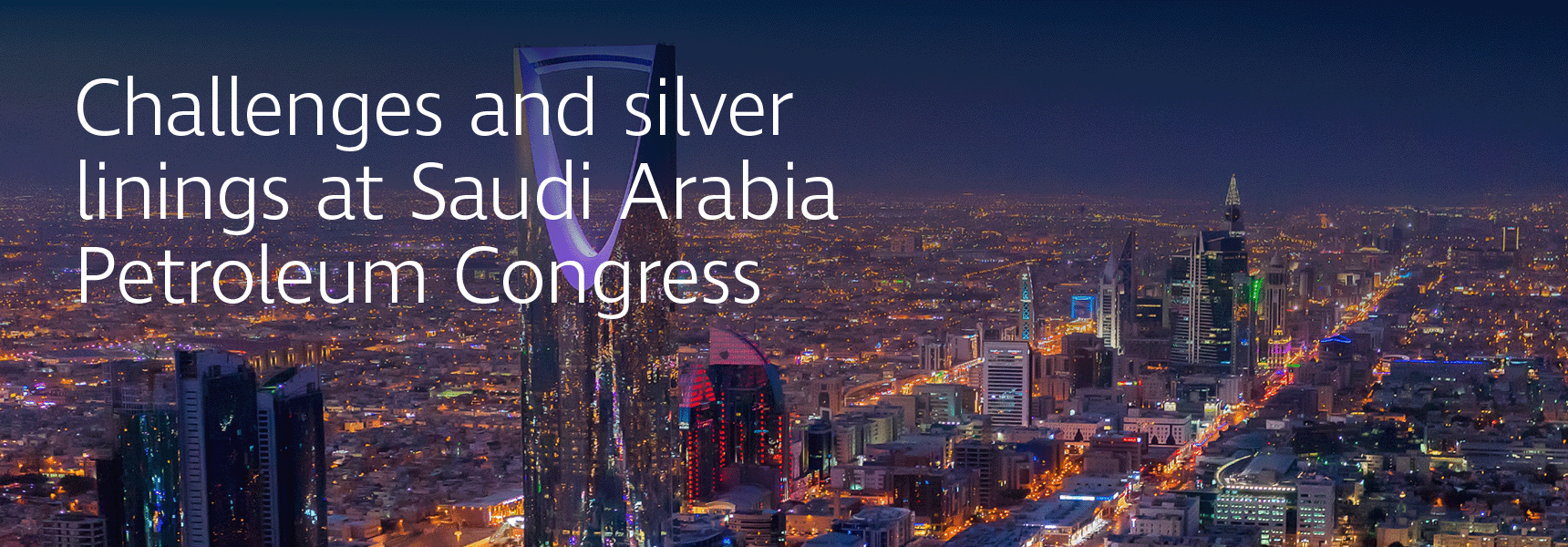
Aramco wants to be a better steward of their fuel and are actively influencing fuel monitoring standards when possible. As a whole, the region places a premium on production, not fuel monitoring and fuel security, which makes the transition to more efficient operations less palatable to vessel owners. The good news here is that there are organic initiatives by vessel owners to reduce carbon emissions. Since Aramco supplies their clients’ fuel, and that the fuel is much cheaper than anywhere else, there is a less tangible benefit for reducing carbon emissions.
Due to forthcoming CII regulatory changes and government launched GHG reduction initiatives, that benefit becomes more tangible, which is driving select vessel owners to start reducing their carbon emissions. The other silver lining to this region is that due to the close proximity of so many major Oil/Gas companies, once one company gets an edge, the others follow soon after.
Aramco is already trending in the right direction by investing in proper fuel management (albeit slower than other supermajors globally), so it is a matter of time before the rest of the MENA region follows.